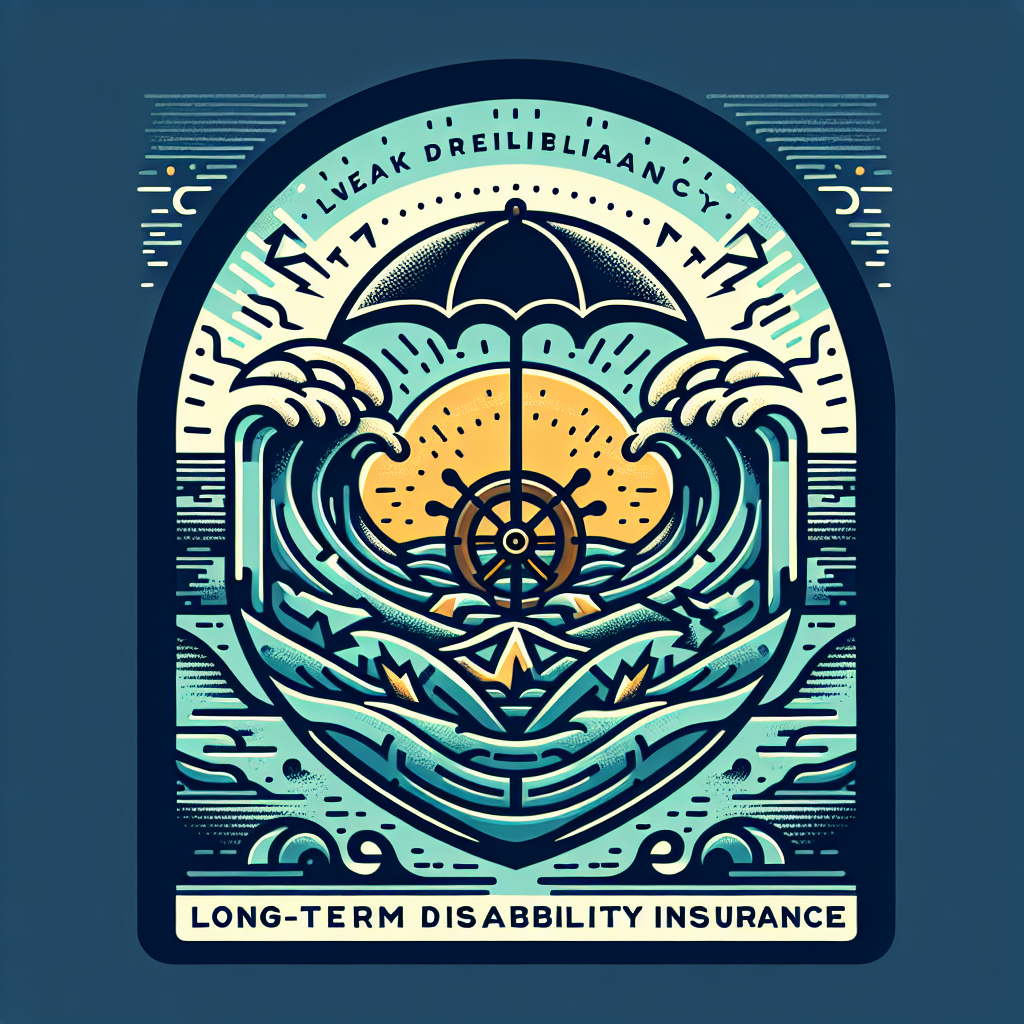Filed under Business Insurance on
Understanding Controlled Business Insurance Essentials

Understanding controlled business insurance is vital for professionals in industries that closely integrate with insurance sectors, such as real estate or auto sales. This niche insurance area helps safeguard businesses against potential conflicts of interest and ensures compliant practices. As we explore the intricacies of controlled business insurance, we aim to provide a comprehensive framework to help you comprehend its importance and application.
What is Controlled Business Insurance?
Controlled business insurance refers to policies provided by agents that mainly cover interests related to the agent themselves, often encompassing businesses or entities with which they have significant affiliation. Regulatory bodies enacted specific laws to limit the percentages of controlled business one agent can write, with the goal of preventing conflicts and ensuring unbiased advice for clients.
The Need for Controlled Business Insurance
In any scenario where an insurance agent has substantial control or influence over a business, a conflict of interest may arise. Controlled business insurance serves as a check, ensuring that agents or brokers do not disproportionately write policies for businesses in which they have vested interests. By doing so, it maintains the integrity of the insurance market.
Components of Controlled Business Insurance
The structure of controlled business insurance involves several key components that industry professionals need to understand:
- Regulatory Compliance: This ensures that controlled business does not exceed a specified threshold, usually set by state regulations. Exceeding this limit can result in fines and license revocation.
- Conflict of Interest Management: Effective policies reduce the risk of conflict, ensuring unbiased service to clients.
- Business Ethics: Upholding ethical standards is crucial for the credibility and sustainability of any insurance business. Controlled business insurance policies help maintain these standards by regulating self-dealing.
Legal Frameworks and Regulations
Different states in the U.S. have varied laws regarding controlled business insurance. However, common principles can be identified:
- Limits on Controlled Business: Many states mandate that no more than a specified percentage of the business written by an agent can be controlled business. This prevents agents from solely insuring entities they own or control.
- Periodical Audits: Regulatory bodies may conduct audits to ensure adherence to controlled business statutes. Non-compliance can adversely affect an agent's license.
- Disclosure Requirements: Agents may need to disclose potential conflicts when writing controlled business insurance to clients and regulatory authorities.
Implementing Controlled Business Insurance Effectively
Strategies for Compliance
To effectively implement controlled business insurance, a structured approach is necessary:
- Training and Development: Regular training helps agents understand compliance requirements and ethical standards.
- Robust Documentation: Keeping comprehensive records of all transactions allows for greater transparency and simplified audits.
- Regular Reviews: Frequent internal reviews ensure policies and practices remain in line with current regulations and industry standards.
Leveraging Technology for Compliance
The role of technology in ensuring compliance with controlled business insurance is growing. Using advanced software tools to automatically track and report sales may help agents to avoid inadvertently breaching regulations.
Industry Trends and Expert Insights
The landscape of controlled business insurance continues to evolve with industry developments and increasing regulatory scrutiny. Experts suggest focusing on the following trends:
- Data-Driven Compliance: Utilizing analytics to inform decisions and predict compliance risks is becoming standard practice.
- Integrative Platforms: Platforms that add transparency and ease compliance are on the rise, integrating functions such as documentation and audit trails.
- Focus on Ethics: As the insurance industry leans towards higher ethical standards, controlled business insurance is more critical than ever in promoting fairness and impartiality.
Industry leaders emphasize that staying ahead of regulatory changes is key to maintaining effective controlled business insurance practices. Engaging with compliance experts can also provide businesses with the necessary strategies to navigate this complex field.
Conclusion
In a rapidly evolving market, understanding controlled business insurance essentials can position your business for compliance and success. By grasping the regulatory landscape, implementing strategic compliance measures, and keeping pace with industry trends, insurance professionals can mitigate conflicts, ensure ethical practice, and maintain consumer trust. Mastery of controlled business insurance is not just about adherence to rules but about fostering long-lasting success in the insurance sector.
Ultimately, controlled business insurance ensures fairness, transparency, and trust in transactions, crucial pillars that support the overall credibility and efficiency of the insurance market. Whether you are new to the field or a seasoned professional, mastering these essentials will help you navigate challenges and thrive professionally.





